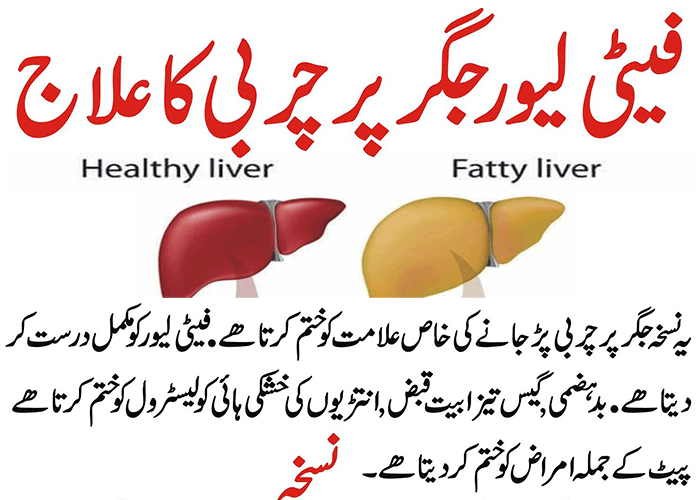
Stomach ulcers are open sores that form in the lining of the stomach when the protective layer of mucus is damaged or reduced. The most common cause of stomach ulcers is an infection with a bacterium called Helicobacter pylori (H. pylori).
This bacterium weakens the protective lining, allowing stomach acid to damage the stomach tissue. Other factors that can contribute to the development of stomach ulcers include long-term use of nonsteroidal anti-inflammatory drugs (NSAIDs), such as aspirin and ibuprofen, excessive al-cohol consumption, smoking, and high levels of stress.
Infection Causing Stomach Ulcer Needs Early Diagnosis

Symptoms of Stomach Ulcers
The symptoms of stomach ulcers can vary from person to person, and some individuals may not experience any symptoms at all. However, common symptoms include a burning or gnawing pain in the abdomen, particularly between meals and during the night. Other symptoms may include nausea, vomiting, bloating, lack of appetite, unintended weight loss, and dark or bloody stools. In some cases, stomach ulcers can lead to complications such as bleeding, perforation, or obstruction in the digestive tract.
Burning sensation or pain in the abdomen
Indigestion or heartburn
Nausea and vomiting
Loss of appetite
Weight loss
Bloody or dark stools
Fatigue
Chest pain (severe cases)
Diagnosis of Stomach Ulcers
To diagnose stomach ulcers, a healthcare professional will typically start with a physical examination and review the patient’s medical history. They may also perform diagnostic tests such as an upper endoscopy, where a thin, flexible tube with a camera is inserted through the mouth to visualize the stomach lining. Biopsy samples may be taken during the endoscopy to test for the presence of H. pylori or to rule out other conditions.
To diagnose a stomach ulcer, the following tests may be performed:
Upper endoscopy
Barium swallow
Helicobacter pylori (H. pylori) test
Stool tests
Blood tests
Possible Treatments for Stomach Ulcers
The treatment of stomach ulcers aims to relieve symptoms, promote healing, and prevent complications. Medications are commonly prescribed, including proton pump inhibitors (PPIs) to reduce stomach acid production and antibiotics to eradicate H. pylori infection. Antacids and histamine receptor blockers may also be used to alleviate symptoms and promote healing. In addition to medications, lifestyle changes can play a crucial role in managing stomach ulcers. These may include avoiding irritants like spicy foods, reducing stress levels, quitting smoking, and moderating al-cohol consumption. In some cases, if the ulcers are severe or don’t respond to other treatments, surgical interventions may be necessary.
Prevention of Stomach Ulcers
While it may not be possible to prevent all cases of stomach ulcers, certain measures can help reduce the risk. Practicing healthy eating habits, such as consuming a balanced diet rich in fruits, vegetables, and whole grains, can promote a healthy stomach lining. It’s also important to avoid excessive al-cohol consumption, quit smoking, and manage stress levels through techniques like exercise, meditation, or counseling.
Stomach ulcers can cause significant discomfort and may lead to complications if not properly addressed. Understanding the causes, recognizing the symptoms, and seeking timely medical attention is crucial for effective treatment. With the right combination of medications, lifestyle changes, and preventive measures, individuals can manage stomach ulcers and improve their overall digestive health.
FAQs
What are the main causes of stomach ulcers?
Stomach ulcers are commonly caused by H. pylori infection, long-term use of NSAIDs, excessive al-cohol consumption, smoking, and high levels of stress.
Can stress contribute to the development of stomach ulcers?
While stress alone does not cause stomach ulcers, it can exacerbate symptoms and delay the healing process.
How are stomach ulcers diagnosed?
Stomach ulcers are diagnosed through a physical examination, medical history review, and diagnostic tests such as an upper endoscopy.
What medications are commonly used to treat stomach ulcers?
Medications commonly used to treat stomach ulcers include proton pump inhibitors (PPIs), antibiotics, antacids, and histamine receptor blockers.
Can stomach ulcers be prevented?
While not all cases can be prevented, adopting a healthy lifestyle, including a balanced diet, reducing stress levels, and avoiding irritants, can help reduce the risk of stomach ulcers. (Updated on 18/July/2023)





